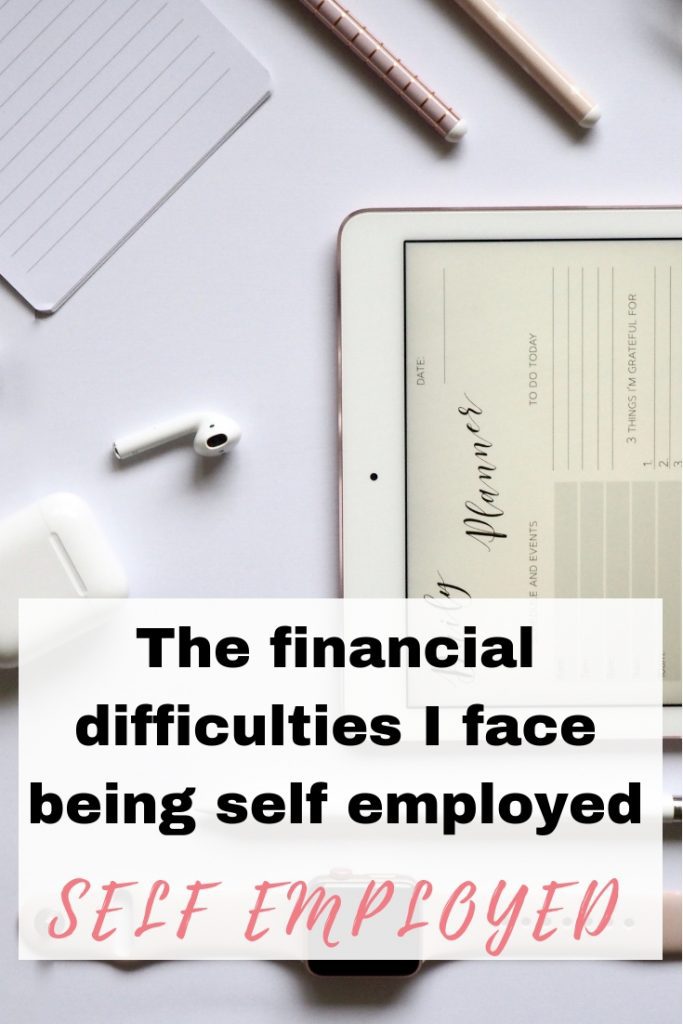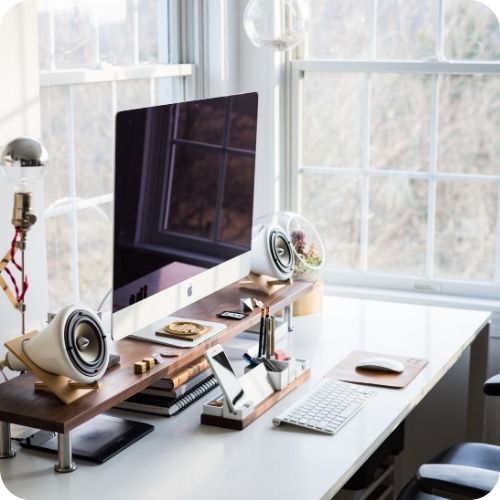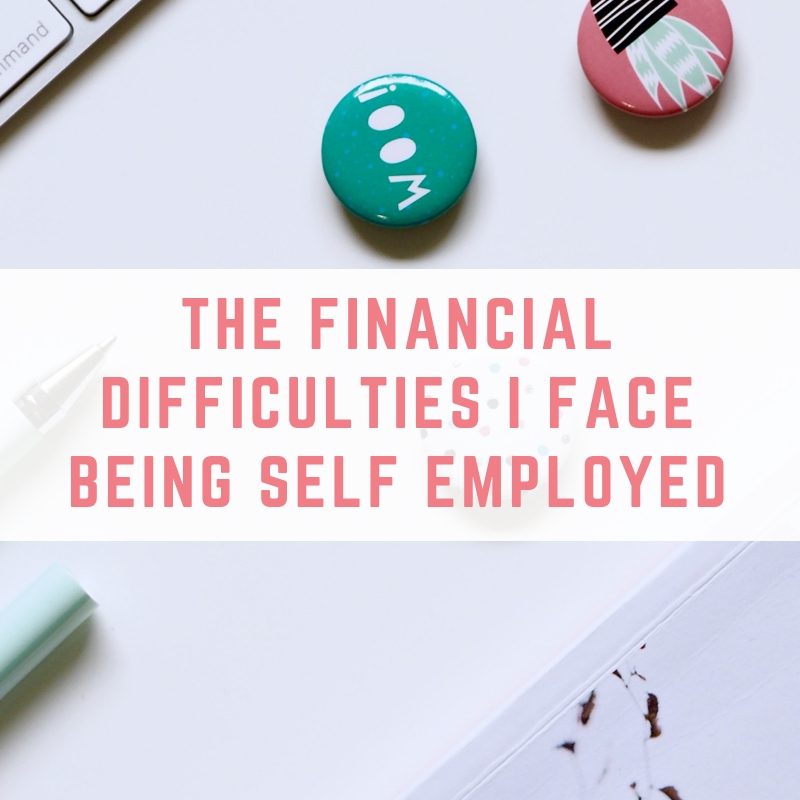This is a paid collaboration with Fidelity about working for myself.
I am really blessed to be able to call blogging my full time job. Being self employed and working for myself was always a dream for me. Choosing your hours, following your passion, controlling your life, it sounds great! The nature of living that vision isn’t always as plain sailing as the dream itself.

The world of self employment often means long hours, many of which are spent chasing unpaid invoices, whilst managing your incomings and outgoings, trying to tally things up and make ends meet. So often, like buses, lots of work comes along at once and you’re busy for a few weeks, but then things die off and you find yourself twiddling your thumbs. This means that there is no constant guaranteed income like an employee’s monthly salary. It can be sporadic. Perhaps not as glamorous as outsiders often view it to be.
Sure, there is the freedom of being self employed. Choosing the clients you want to partner with, working when you want, where you want. This freedom is one of the top reasons millennials are choosing self employment, with 94% of those included in this report from Fidelity saying that’s a key factor. 86% say they choose the path of being self employed due to wanting to have their own business whilst 82% factor the desire to earn more as a motive.

When you don’t have an employer, everything is up to you. There are no paid sick days, paid holidays, no health care, free gym or pension scheme. Looking ahead to the future, to retirement, a pension sounds like a great idea but when there is no automatic enrolment for the self employed, no employer contributions, saving for the future isn’t always at the top of the pile. With the feast or famine nature of being self employed, locking away money into a pension scheme isn’t always the best idea. You might need that cash for your business to stay afloat, in an emergency for new equipment or just to pay your bills.

Investments and self employment don’t seem to go hand in hand. I’ve always had this feeling that because I’m self employed I can’t invest my money. Maybe putting the cash aside instead of investing would be a better choice? Perhaps I wouldn’t have enough or it wouldn’t be worthwhile? 50% of self employed people don’t think they have enough to invest. This is just a huge myth because in reality, anyone can invest. You don’t need to have mountains of spare cash laying around in order to do so. Regular payments into a stocks and shares ISA start at just £50. Of course, there are risks involved with investments and these risks can bring worry about losing all your money, but these can be accounted for by having variety in your investments. People also think it’s complicated when you’re looking at investments by yourself, which it can seem but there are financial solutions providers available to help break down that confusion and complexity. There is no one size fits all approach, especially when you’re self employed, but there definitely is opportunity to invest. 30% of those self employed people asked in this report invested over £10,000 last year. So you can see that it is indeed possible to not only invest, but to also invest large amounts, even when you work for yourself. Equipping yourself with knowledge about investing is key before jumping in feet first.

When you’re self employed you look often at your finances and wonder how you can improve them, boost them, add a little extra to the pot. There are ways and means to not just reach out to your financial goals, but to grab them too. You could open a SIPP (Self-Invested Personal Pension) and it’s never too early to do so. It’s actually better if you do it sooner. This could be a lump sum or regular payments and if you have one, you might be able to make deposits via your limited company. If you’re over the age of 18 a good way to invest for the first time is a stocks and shares ISA. You have a tax-free allowance of £20,000 to put into one of these ISAs but you don’t have to invest anywhere near that figure. By having a savings plan and putting away just a small bit of cash every month, you’ll feel the benefit in the long run. If you take control of your finances and make them work for you, you’ll soon attain those financial goals.






.jpg)




